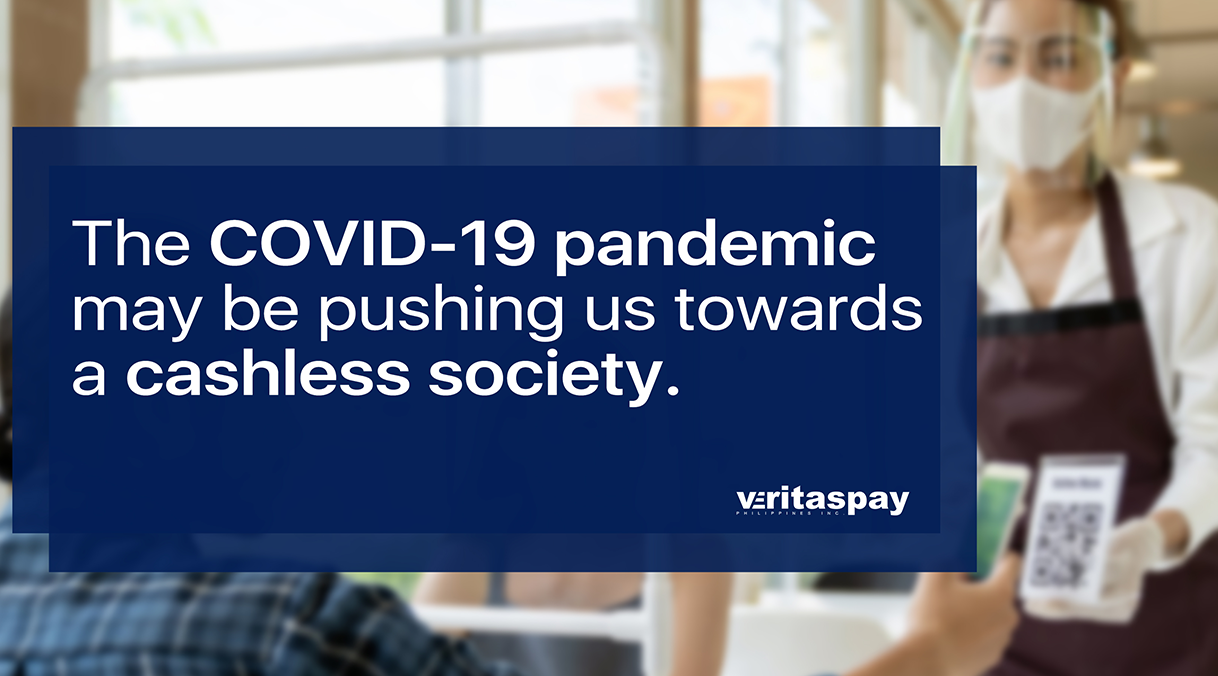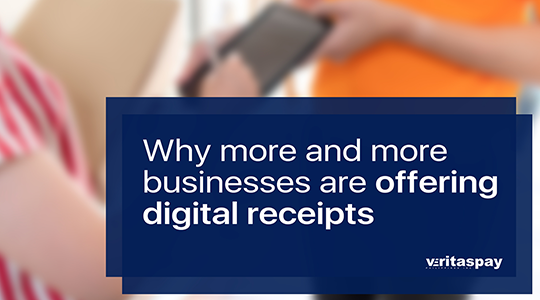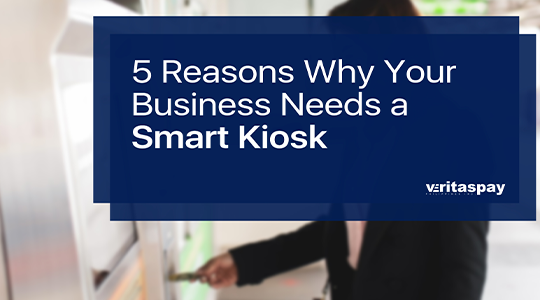The COVID-19 Pandemic May be Pushing Us Towards a Cashless Society
by Je Yaranon on September 2020

It’s been a tough year for everyone as we are suffering the many effects of a colossal pandemic. “Tough” might even be a huge understatement – 2020 is quite possibly mankind’s most trying year in recent memory. In case you lost count, it’s been well over six months since the world went on high alert and straight to quarantine mode due to COVID-19.
There have been countless changes on our daily lives since the lockdowns went down, and among those heavily involves a change in the payment industry. Like most things, it has become more digital than it has ever been.
Tweaking the norm is always tricky, and it’s on a whole different level with payments as it has a standard method all our lives: hard cash all the way through. It’s pretty evident to the fair share of supporters and skeptics, and the long-running back-and-forth between the opposing sides (despite it being a standard modernization).
One of the unarguable things in all of that, though, is how the overall process of cashless payments is tailor-made for the “new normal.”
Are people ready to give up cash?
While there’s no good reason to actually give up cash now, the seeds to make the shift have certainly been planted. Yes, the change will be unusual and it will cause others to stick to the traditional ways, but times are different, and everyone is being required to adapt.
With everyone avoiding physical contact because of the coronavirus, consumers are being more exposed to digital payments and what it’s all about, and thus, they’re slowly learning the various benefits and conveniences of paying digitally.
Everyone’s familiarity with the process will just grow as we move forward, regardless if we stay under such circumstances further or not. Digital payments being a quicker and physically safer method can easily sway the consumers.
Contactless payments are coming
Watch out for contactless/touch-free payments. In the digital payment ‘family,’ it’s the most likely to be prevalent as it fits into the pandemic’s protocol.
Contactless payments, as the name suggests, are electronic-based transactions where customers are able to pay without physically touching a payment kiosk/device. It can be online, which are self-explanatory, or in-store, where 1) a payment kiosk/device is equipped to read credit, debit, and loyalty cards and QR codes via scan and 2) SMS payments or peer-to-peer payment apps are available.
Each were already gaining traction before the pandemic, so who knows how widespread it will be once more and more people get accustomed to how it’s done. In a world where social distancing and limited contact to anything are the two main rules, touch-free methods may very well emerge as the most preferred option.
Businesses are slowly adapting the process
As soon as businesses start adapting the contactless way, it will just continue to roll on. It has started with ordering kiosks, which has minimal physical contact, and its high-tech process can only get better – plenty of fancy and fast food restaurants have it, as well as certain cinemas and parking stations.
Almost all of online shops and delivery companies, meanwhile, have incorporated an e-wallet/top-up function in their apps, so interactions during deliveries are as limited as possible. It’s a copycat industry so others may follow very soon.
It may catch on fast, slow, or maybe never, but for now, it’s as simple as this: contactless transactions address data security, convenience, and safety. It has the two of the most important things in payment and also one key part in today’s climate.
As VeritasPay continues to provide high-quality payment solutions and promote cashless transactions, the company is also dedicated in bringing in fresh and informative content. We’ll be continuing to share new articles about our products, services, and varying subjects within the industry as we move forward.
Contact us here to know more.
Related Articles

